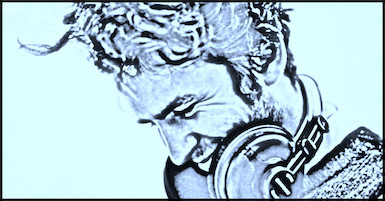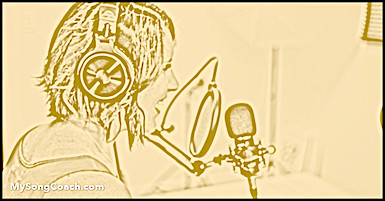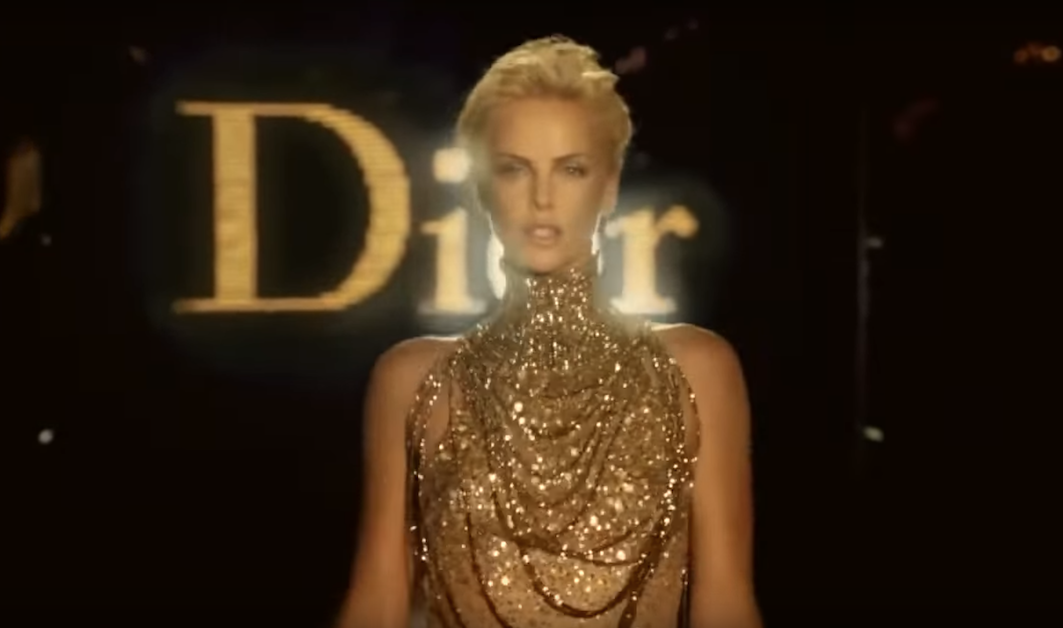
I got this question from a very good songwriter in one of my songwriting courses. He was wondering about using loops or beats that are longer than one or two bars. These might consist of an acoustic rhythm guitar playing a 4-bar chord progression or a keyboard, or even a whole band that can be looped to form a song section.
You’ll find these kinds of loops in “construction kits” from Big Fish Audio or websites like Splice. They can be a great way to launch yourself into a song or even a new genre.
My student was asking if it’s okay to pitch song demos using these loops. Will there be a problem with music publishers and Film & TV music libraries? Is it legal? Will he need to tell them what he’s doing? I’m not a lawyer and I can’t give legal advice (disclaimer, disclaimer) but I do have some thoughts for you if you’re doing this or considering it.




